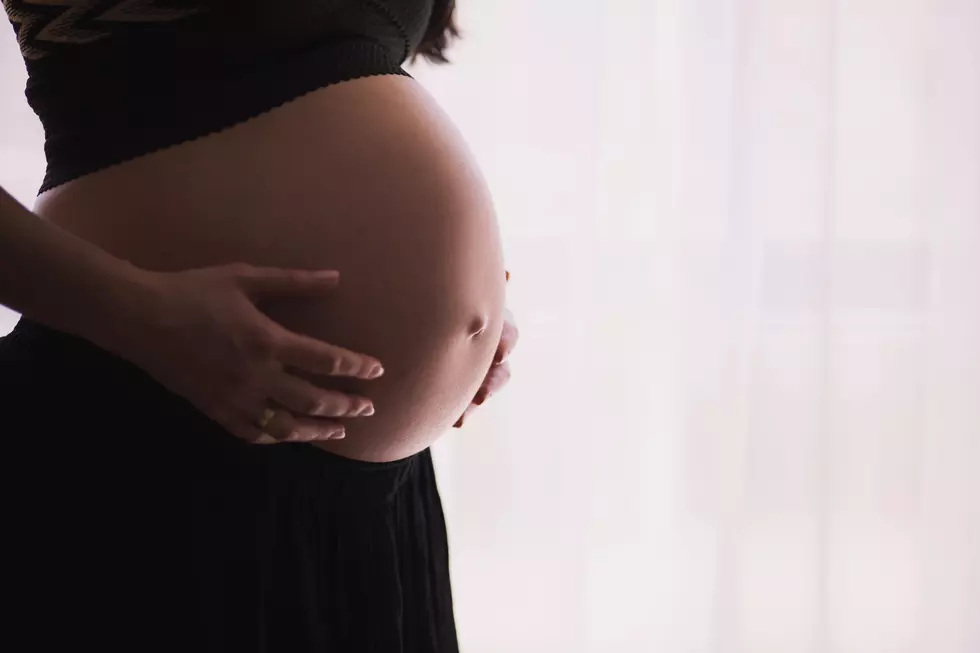
Study finds nearly all pregnancy-related deaths in NJ were preventable
TRENTON – Nearly all the pregnancy-related deaths in New Jersey between 2016 and 2018 could have been prevented, according to a state Department of Health report issued Thursday.
The New Jersey Maternal Mortality Review Committee report finds 39 of 44 pregnancy-related deaths identified in that period were preventable. Another 74 deaths also occurred within a year of pregnancy but the cause wasn’t pregnancy-related – and in 79% of those cases, there was a chance to alter the outcome, including 18% where there had been a good chance.
The state said the report is consistent with a recent study by the federal Centers for Disease Control and Prevention of data from 2017 through 2019 from 36 states, including New Jersey, that found that more than 80% of pregnancy-related deaths were preventable.
NJ first lady has been campaigning for better infant mortality rates
First lady Tammy Murphy said the data reaffirms the importance of Nurture NJ, a statewide program dedicated to reducing maternal and infant mortality launched in 2019, which seeks to ensure women and children of all races and ethnicities receive equitable health care.
“We will continue to work every day to prioritize and support the health of mothers and babies across New Jersey during prenatal and postnatal care and beyond,” Murphy said.
In January 2021, Murphy announced the Nurture NJ Maternal and Infant Health Strategic Plan, which strives to reduce New Jersey’s maternal mortality by 50 percent over five years and eliminate racial disparities in birth outcomes.
The administration said Gov. Phil Murphy has signed 43 pieces of maternal and infant health legislation since Nurture NJ was established.
“Reaching the goal of making New Jersey the safest state to give birth requires all of us to redouble our efforts to improve maternal and child health outcomes and eliminate racial disparities,” said Health Commissioner Judith Persichilli.
A look at infant deaths in NJ
The New Jersey Maternal Mortality Review Commission, or NJMMRC, said in all there were 125 pregnancy-associated deaths in those three years in the state.
The 44 pregnancy-related deaths included ones that involved a pregnancy complication, a chain of events initiated by pregnancy or the aggravation of an unrelated condition by the physiologic effects of pregnancy.
The pregnancy-related mortality ratio – the number of deaths per 100,000 live births – was 6.6 times higher for non-Hispanic Black women (39.2 deaths per 100,000 births) than non-Hispanic white women (5.9). The rate for Hispanic women was 20.6, or 3.5 times higher than for white women.
Nearly 60 percent of pregnancy-related deaths occurred during the postpartum period within one year of the end of pregnancy.
Causes of infant deaths in NJ
The leading underlying causes of death for the 44 pregnancy-related cases were cardiovascular conditions (22.7%), hemorrhage (18.2%), thrombotic, non-cerebral embolism (11.4%), and hypertensive pregnancy disorders (such as preeclampsia, eclampsia or chronic hypertension (11.4%).
Fifty-eight percent of the other 74 pregnancy-associated, but not related, deaths were due to overdose as a result of substance use disorder.
The report concludes there is a need for improved patient and provider knowledge. The administration said it is addressing that through training and reimbursement of community doulas and investments in implicit and explicit bias trainings for maternal health practitioners.
The NJMMRC was established in 1932, making New Jersey the second state to create such a program.

A 2019 law revamped the NJMMRC by making it a formal part of the health department, updating its membership and increasing its authority to investigate potential pregnancy-related deaths.
Michael Symons is the Statehouse bureau chief for New Jersey 101.5. You can reach him at michael.symons@townsquaremedia.com
Click here to contact an editor about feedback or a correction for this story.


